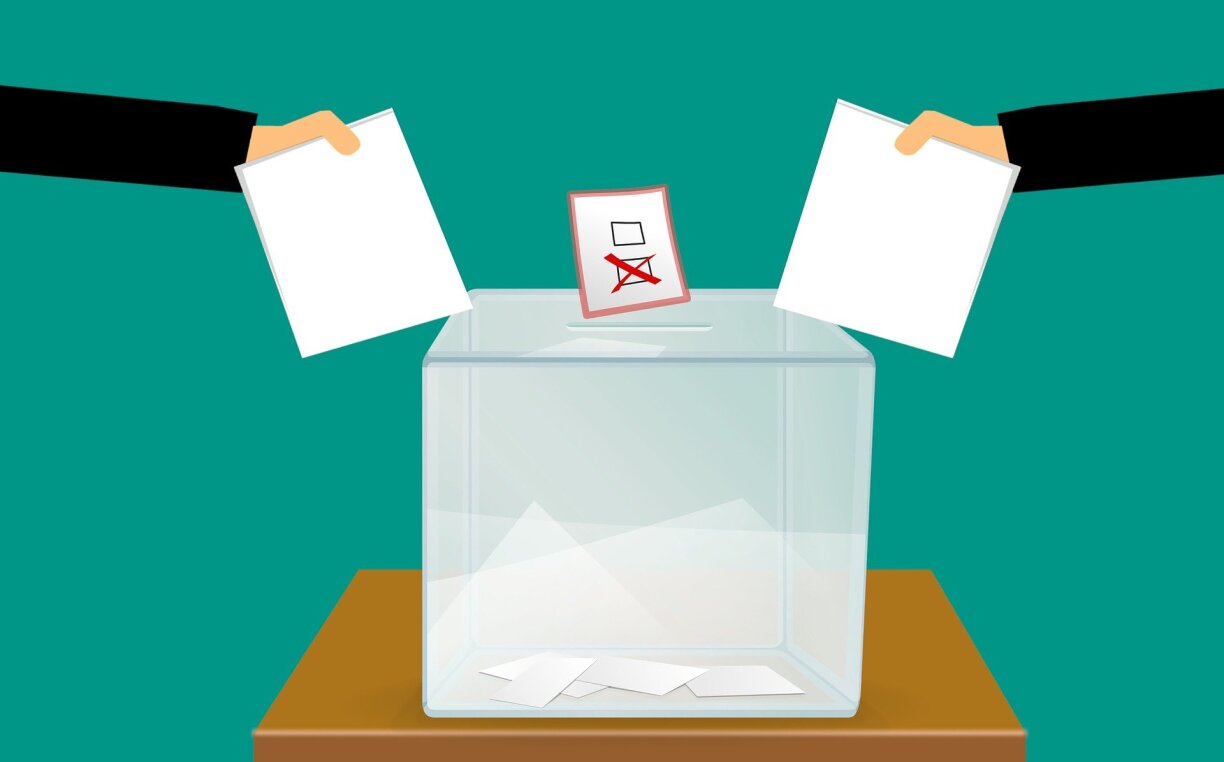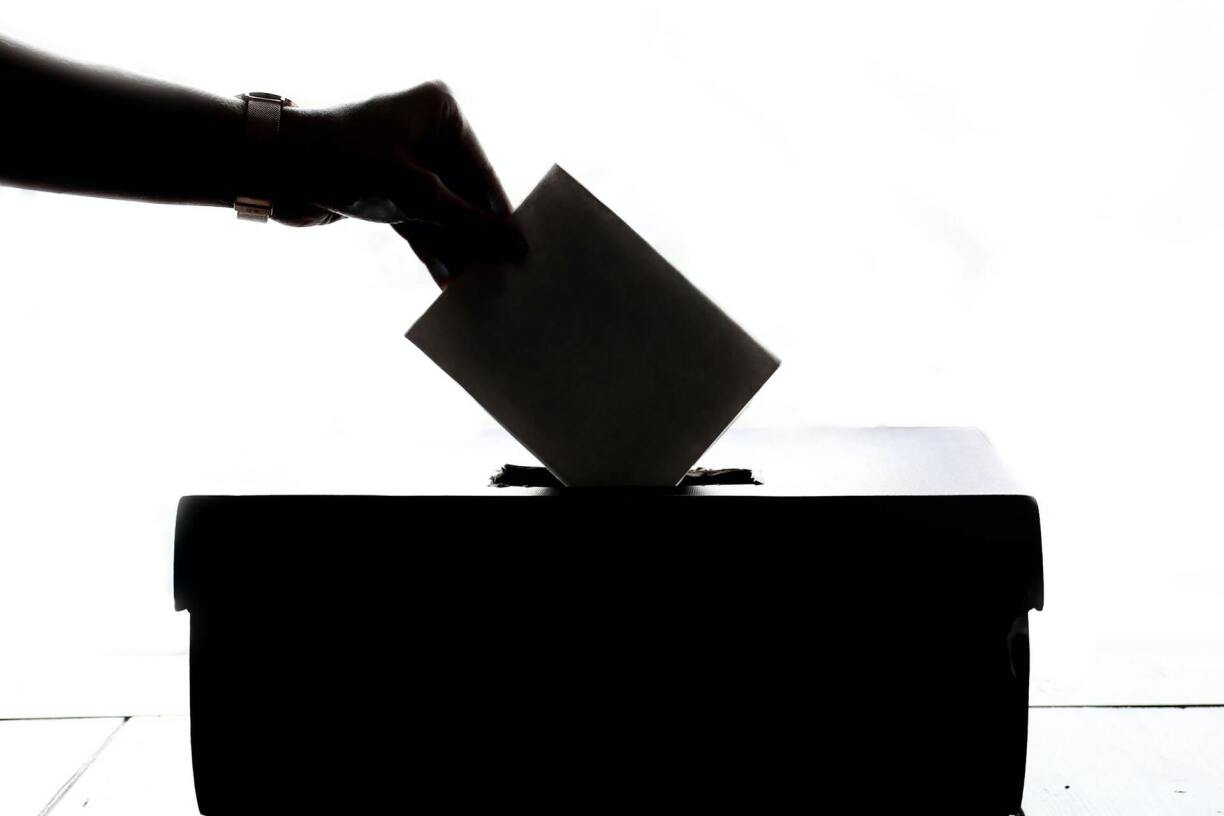
There are three main types of elections in Luxembourg: legislative, European and communal.
Elections for the Grand Duchy’s unicameral legislature, known as the Chamber of Deputies, take place every five years. All 60 deputies (MPs) are elected from four different constituencies (also called circonscriptions) in the North, South, Centre, and East through a system of proportional representation.
Elections for the European Parliament are held simultaneously across the EU every five years. Luxembourg elects six deputies, making it hugely over-represented in the parliament compared to its population.
Luxembourg’s local polls, known as communal elections, take place every six years and elect councillors for each of the country’s 102 communes.
Finally, Luxembourg also (very) occasionally holds referendums. Only four have ever taken place, in 1919, 1937, 2005 and 2015.
Well – it depends.
The first thing to note is that if you are registered to vote, you must do so: voting in the Grand Duchy is mandatory. Not for 16 to 17-year-olds, though - the voting age is 18.
For legislative elections and referendums, all Luxembourg nationals are eligible to vote, unless they have a criminal record or have been deemed unfit to do so. Immigrants to the Grand Duchy must have acquired citizenship to be able to cast a ballot.

Foreign nationals are able to participate in communal and European elections, as long as they have registered to vote, which can be done as soon as you register with your commune as a resident.
In the European elections, EU nationals may be able to choose where they cast their ballots, as long as they do not vote twice.
You can find more information on how to register for vote and whether you are eligible on the government’s guichet.public.lu website here.
Soon!
The next communal and legislative elections will both take place in 2023 in June and October respectively, while there’s not a European election scheduled until 2024.
That means you’ve still got some time to get yourself registered – and to pick a party.